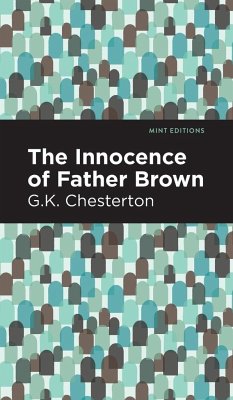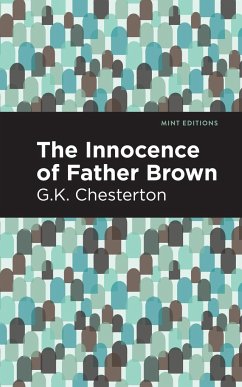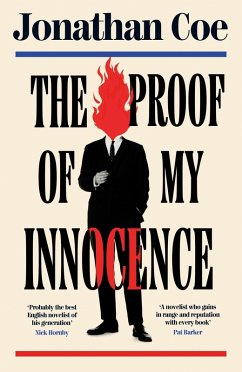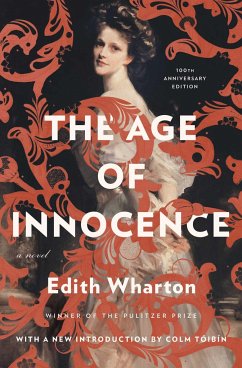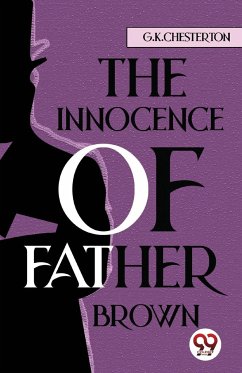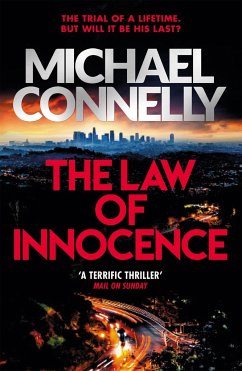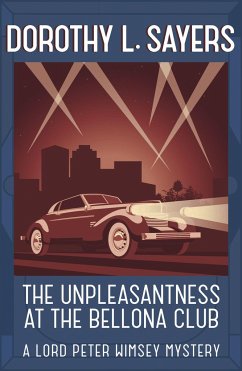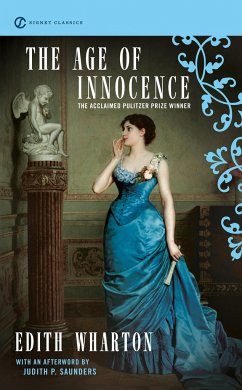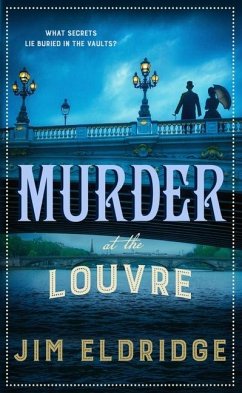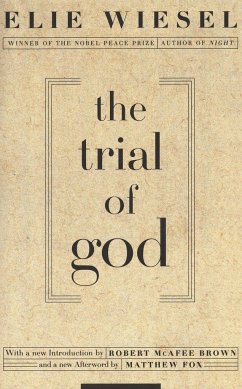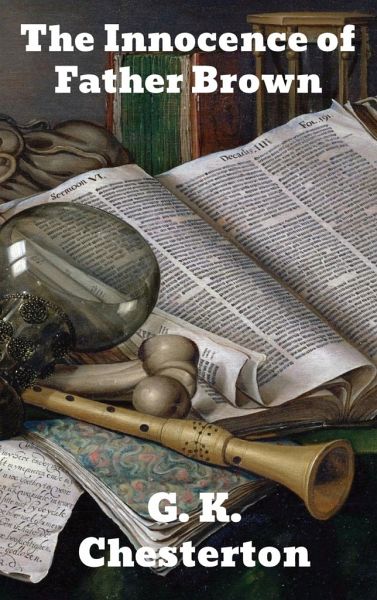
The Innocence of Father Brown
Versandkostenfrei!
Versandfertig in 1-2 Wochen
23,99 €
inkl. MwSt.
Weitere Ausgaben:

PAYBACK Punkte
12 °P sammeln!
The Innocence of Father Brown is a classic mystery collection by G.K. Chesterton and an exciting compilation of twelve mystery classics featuring the amatuer detective, Father Brown, the short, stumpy Catholic priest with "uncanny insight into human evil."Contents: The blue cross -- The secret garden -- The queer feet -- The flying stars -- The invisible man -- The honour of Israel Gow -- The wrong shape -- The sins of Prince Saradine -- The hammer of God -- The eye of Apollo -- The sign of the broken sword -- The three tools of death.Father Brown is a fictional Roman Catholic priest and amate...
The Innocence of Father Brown is a classic mystery collection by G.K. Chesterton and an exciting compilation of twelve mystery classics featuring the amatuer detective, Father Brown, the short, stumpy Catholic priest with "uncanny insight into human evil."Contents: The blue cross -- The secret garden -- The queer feet -- The flying stars -- The invisible man -- The honour of Israel Gow -- The wrong shape -- The sins of Prince Saradine -- The hammer of God -- The eye of Apollo -- The sign of the broken sword -- The three tools of death.Father Brown is a fictional Roman Catholic priest and amateur detective who is featured in 53 short stories published between 1910 and 1936 written by English novelist G. K. Chesterton. Father Brown solves mysteries and crimes using his intuition and keen understanding of human nature.





